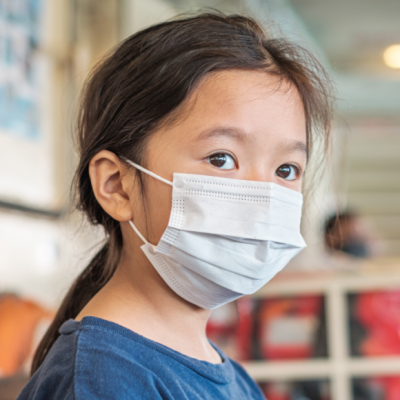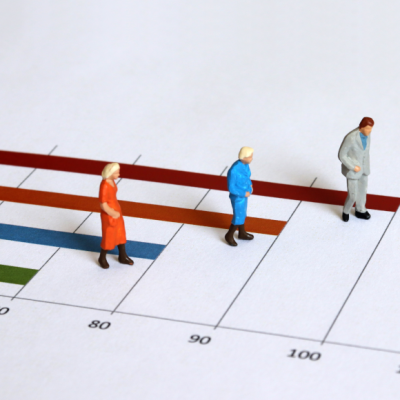A recent study from China suggests that wearing glasses or face shields may reduce the risk of SARS-CoV-2 infection. The virus primarily enters the body through the nose and respiratory tract, but studies have shown that infectious droplets and aerosols can also attach to other organs with ACE2 receptors, including the eyes. To investigate this theory, researchers conducted a study with 276 Covid-19 patients, examining the differences in infection rates and disease progression between those who wear glasses and those who do not. The study found that only 5.8% of Covid-19 patients wore glasses, compared to 31% of the general population, suggesting that glasses may significantly reduce the risk of infection.
The researchers suggest that glasses may act as a barrier against potentially infectious droplets and also discourage people from touching their eyes, which can spread the virus. However, the study authors caution that the current data does not provide enough evidence to recommend widespread use of glasses or face shields as a preventative measure. Further studies are needed to confirm the effectiveness of these measures in reducing the risk of SARS-CoV-2 infection.
While the results of the study are intriguing, experts emphasize the need for caution in interpreting the findings. Lisa Maragakis of the Johns Hopkins University notes that the study does not provide enough evidence to recommend the use of glasses or face shields for the general population. Nevertheless, the study provides a valuable starting point for further research into the role of eye protection in reducing the spread of SARS-CoV-2.









